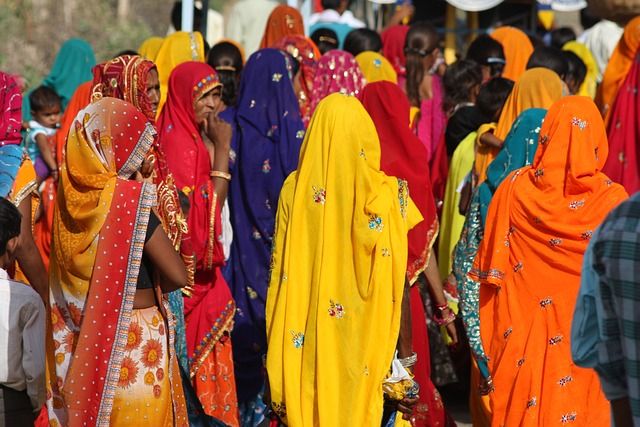
Irrespective of the political composition of the next government of Maharashtra, whether the Mahayuti alliance or the Maha Vikas Aghadi or another formation of convenience, what is clear is that more women stepped out to vote this time around — more than in the 2019 Assembly election and in the Lok Sabha polls earlier this year. Data shows nearly six percent rise in the women turnout compared to five years ago, from 59.3% to 65.2% with an increase of 52,58,671 voters. Mumbai, Thane, Palghar registered a 7-11% increase.
The increase has been attributed, in the instant analysis now par for the course, to the welfare or direct benefit schemes rolled out of which the prominent one was the Ladki Bahin Yojana. The Eknath Shinde-led government launched this after the debacle of the BJP-Shiv Sena-Nationalist Congress Party in the Lok Sabha polls; this Mahayuti alliance bagged only 17 of 48 seats. The monthly Rs 1,500 direct transfer to poor women in the past 4-5 months was welcomed by many and is said to have turned the tide in its favour. It will cost the exchequer a whopping Rs 46,000 crore annually. However, as reports have pointed out, the nearly 25 million beneficiaries registered via the app — without scrutiny or screening — are a shocking 2.5 times more than poor women in the state’s record.
This welfare scheme should, in reality, be seen as an official ‘cash for votes’ scheme but the MVA has promised women Rs 2000 a month if voted to power. Candidates or their agents freely distributing sarees and pressure cookers, to name but two items, fall in the same category. That poor women get handouts cannot be railed against, but the trend of reaching out to women with allurements, as a targeted demographic to be wooed at election time, has to be called out. It’s important to not confuse welfare schemes for rights-based services such as the Right to Food and Right to Education which, economists and sociologists have shown, had greater positive impacts than doles but the latter are the flavour of the season.